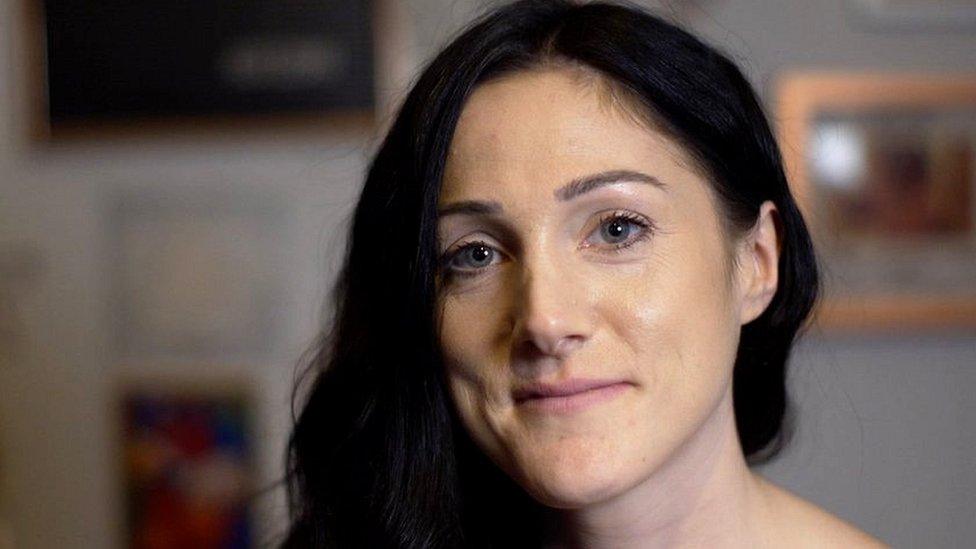Camhs deaths expose child mental health unit pressures
- Published
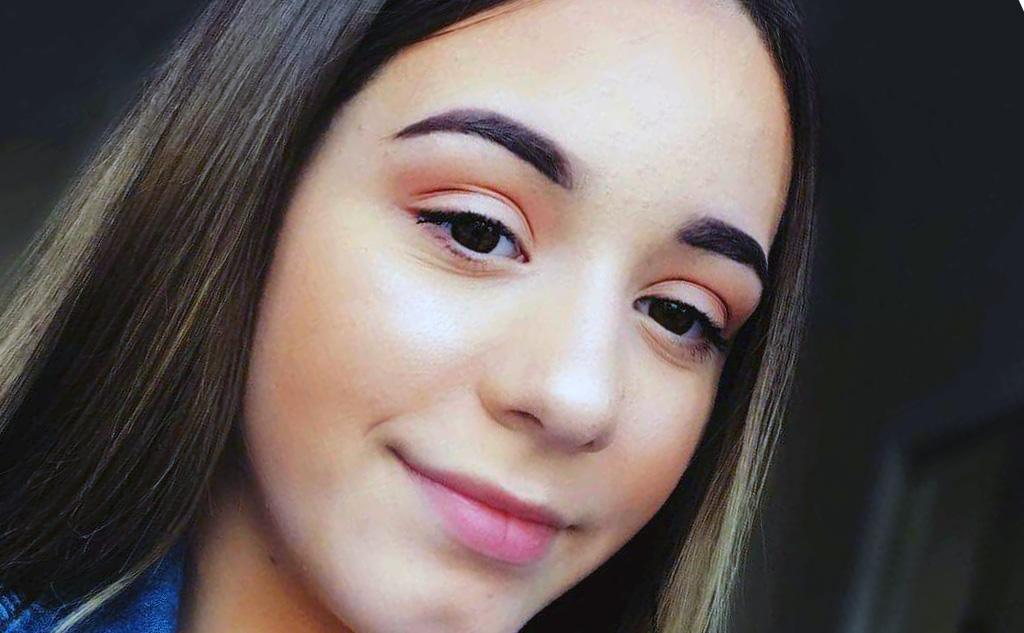
Chelsea Mooney died aged 17 following a self-harm incident in a unit in Sheffield
Deaths, staff shortages and a culture of life-threatening self-harm are exposing deep fears about the quality of mental health care in hospitals for children and young people.
Since 2019, at least 20 patients aged 18 or under have died in NHS or privately-run units, the BBC has found.
A further 26 have died within a year of leaving units, amid claims of a lack of ongoing community support.
The NHS said it had "invested record amounts" in response to record demand.
Child and Adolescent Mental Health Services (Camhs) units look after about 4,000 patients with many different diagnoses each year. The aim is to help them recover over a period of weeks or months through specialist care. Some patients are in and out of the units for years.
Parents on 'suicide watch'
The BBC's data requests found 18 of the deaths in Camhs wards since 2019 were in England. Fourteen were in NHS-run wards, and four in privately-run units.
There was one death in Scotland, and one in Northern Ireland.
Previously, the charity Inquest said data they had obtained showed there had been at least nine deaths in Camhs wards in England and Wales between 2010 and 2014.
The BBC has also heard serious claims regarding the unsafe discharge of patients sent home from Camhs hospitals.
Several former patients told the BBC they had serious self-harm incidents or tried to take their own life within days of returning home.
Parents have described being on "suicide watch" 24 hours a day, to ensure their child's safety.
At least 26 patients in the UK have died within 12 months of being discharged since 2019, figures obtained from NHS Trusts show.
Dr Bernadka Dubicka, editor in chief of the Journal of Child and Adolescent Mental Health, said that Camhs wards can be a "lifeline" for many patients, and that while there is "an awful lot of variation in [standards of] practice... there are a lot of excellent staff who are really striving to do their best".
But she says that despite evidence showing "post-discharge is one of the most risky periods in a young person's life", in large parts of the country there is not enough intensive support from community Camhs teams for patients returning back home.

Chelsea loved to sing, dance and do gymnastics
Chelsea Mooney is one of the 20 children and young people to have died in inpatient units since 2019.
She was 15 when she was first sent by the NHS to a Camhs ward, having struggled with an eating disorder that her father Steve Blackford said was "becoming worse by the day".
Chelsea was in the system for two years, across multiple units, during which time, Mr Blackford says, her mental health "deteriorated".
He says that while she entered the system with "superficial" levels of self-harm, Chelsea quickly began to learn increasingly dangerous methods from other patients.
In her final unit in Sheffield, she self-harmed in a way that put her life in danger 250 times in 18 months.
It was an NHS-funded placement at a specialist unit run by the provider Cygnet Health Care.
Despite repeatedly asking for updates, Mr Blackford said he was not informed by staff of the scale of Chelsea's incidents.
"We used to tell them, 'If there's an incident - no matter if it's four o'clock in the morning - let us know'. But it didn't happen."
In April last year, Chelsea experienced a serious self-harm incident from which she did not recover.
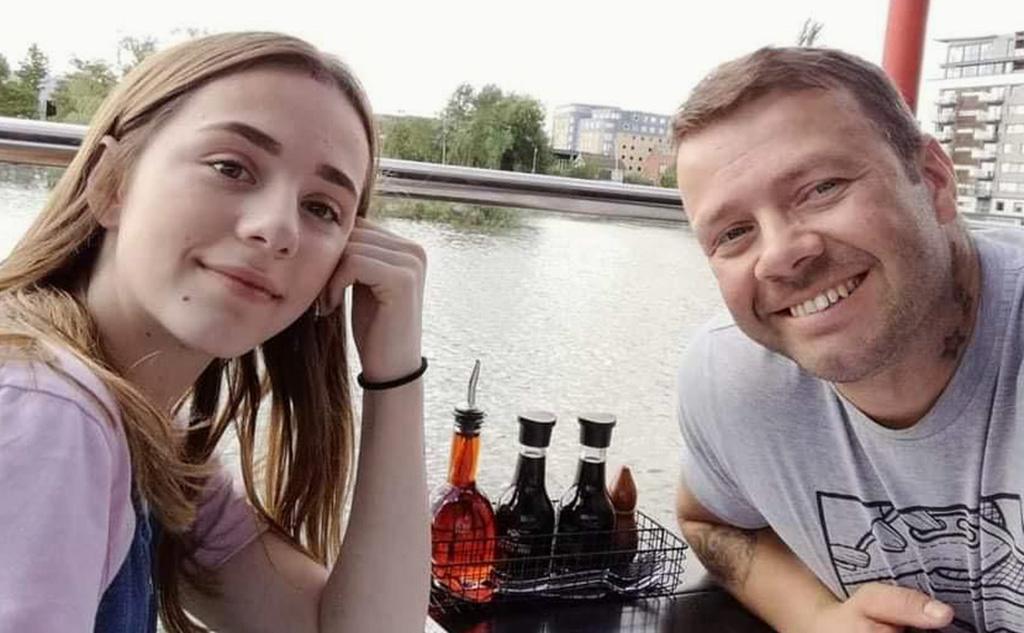
Steve Blackford believes lessons must be learned following his daughter's death
Chelsea was meant to have been observed by staff every 10 minutes to ensure her safety, but an inquest found there had been an unjustifiable delay of more than two minutes, and that when she was discovered staff were too slow to respond.
The coroner said she had seen "no evidence" of ongoing attempts by staff to engage with Chelsea as to why she self-harmed, which might have affected her level of risk.
Cygnet Health Care said it worked proactively to "involve families and carers in care decisions... [and] to reduce incidents of self-harm", with an inspection earlier this year finding it followed best practice in safeguarding patients.

Information and support for those affected by mental health issues or self-harm is available via the BBC's Action Line.

There are also fears that patient safety in the sector is being put at risk by an overreliance on temporary staff.
New data collated by the BBC, from 32 of the 41 areas with NHS-run Camhs wards across the UK, suggests spending on agency nurses per bed rose by 72% between 2017 and 2021.
In Birmingham, 21-year-old Zaynab said staffing pressures could be "dangerous".
She was first sent to an inpatient unit at the age of 14 following multiple self-harm admissions to A&E. Over the next four years she was in and out of multiple hospitals run by both NHS and private providers.
Within one privately run unit, she said, agency staff "would just turn up on the day" and, not knowing patient care plans, would give them objects on request that they could use to self-harm or take their own life.
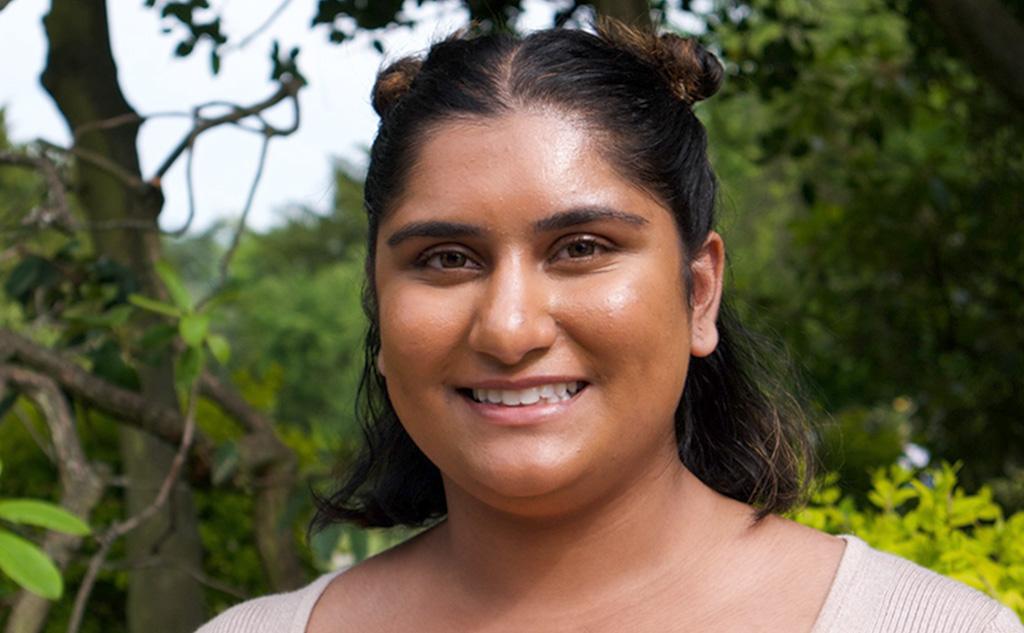
Zaynab was sent to hospitals run by both NHS and private providers from the age of 14
She adds that in some units there was little psychological support, and she used to wake up each morning and spend the day planning how she would self-harm.
"The whole day, I would just think… 'What should I do today? What method should I use?'"
Zaynab says other patients would "collude" with one another - sharing self-harm objects, or organising collective self-harming.
"[The units] are built to be reactive to when self-harm happens, not proactive into stopping it from happening in the first place."
One patient, she says, would self-harm at the same time every day. But rather than intervening beforehand with psychological support, she says staff would wait for the incident to occur, ring the alarm and then deal with the self-harm once it had taken place.
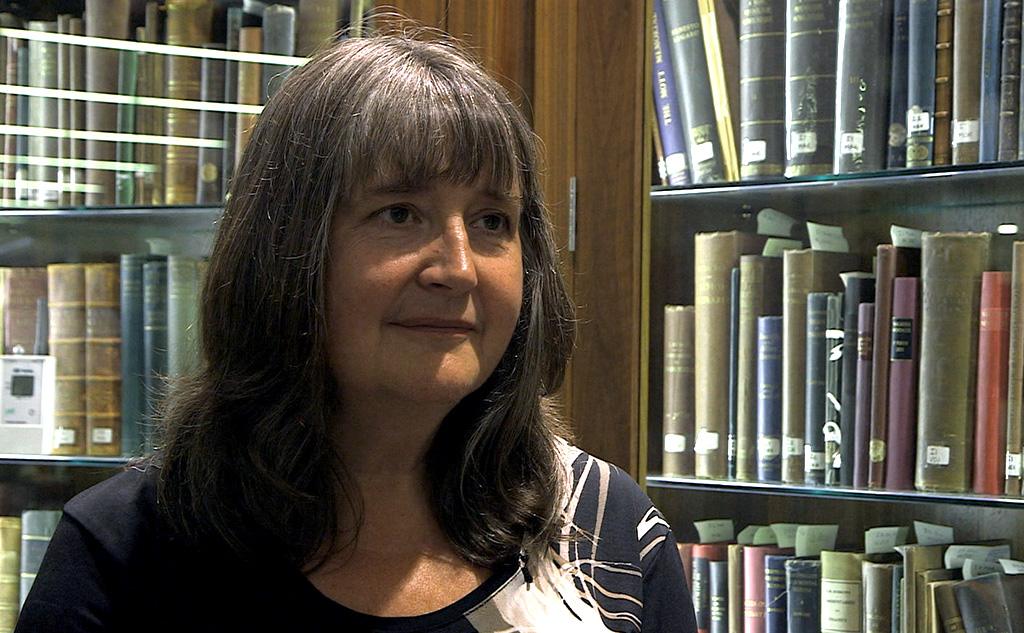
Dr Dubicka, of the Royal College of Psychiatrists, says more focus must be placed on providing intensive community support
The NHS says it is facing "record demand" for services.
There has been a 77% rise in the number of children needing specialist treatment for severe mental health crisis, previous analysis for the BBC has shown.
For Dr Dubicka, this has been fuelled by the pandemic. She says the number of young people presenting to A&E or Camhs services with mental health needs is rising each year.
She believes this has led to a "perfect storm", and that "chronic underinvestment [in the Camhs system] over the years" is leading to a staffing shortage that must be addressed by government.
Young people are waiting "month on month, year on year" for help, she adds, not receiving the intensive community support they need.
"So, by the time they are seen, their mental health problems are really entrenched."
A Camhs inpatient bed costs about £230,000 per year on average, which is money that Dr Dubicka says in many cases would be better spent on community provision.
The Department of Health and Social Care told the BBC it was "working to recruit an additional 27,000 mental health professionals by 2024".
The NHS said there had been an expansion of community services during the pandemic, that it was investing in training for inpatient staff and that all providers should have a clear plan for discharging patients at the time they are admitted.
Building relationships
With good standard of care, Dr Dubicka believes there are positive outcomes for patients within the inpatient system.
Zaynab says in her final unit she was able to build relationships with staff, engage with psychological treatment and work towards a return to the community.
She is now studying at university with the aim of becoming a psychiatrist herself.
"I want to be the person to other people, that my past-self needed," she says.

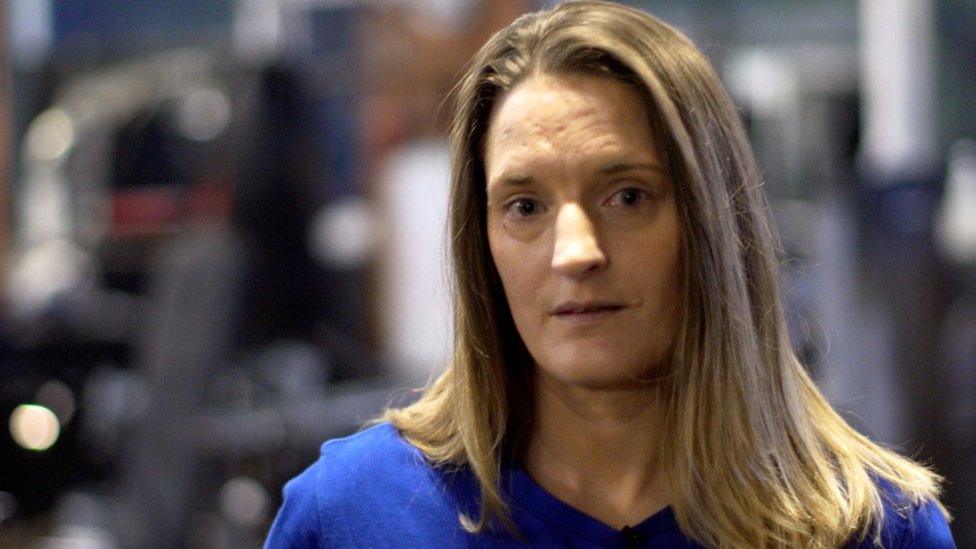
Read Adam Eley's report into claims of serious failures within specialist rehabilitation units for adults with complex mental health needs.

Have you been affected by the issues raised in this story? Share your experiences by emailing haveyoursay@bbc.co.uk, external.
Please include a contact number if you are willing to speak to a BBC journalist. You can also get in touch in the following ways:
WhatsApp: +44 7756 165803
Tweet: @BBC_HaveYourSay, external
Please read our terms & conditions and privacy policy
If you are reading this page and can't see the form you will need to visit the mobile version of the BBC website to submit your question or comment or you can email us at HaveYourSay@bbc.co.uk, external. Please include your name, age and location with any submission.
- Published18 January 2022
